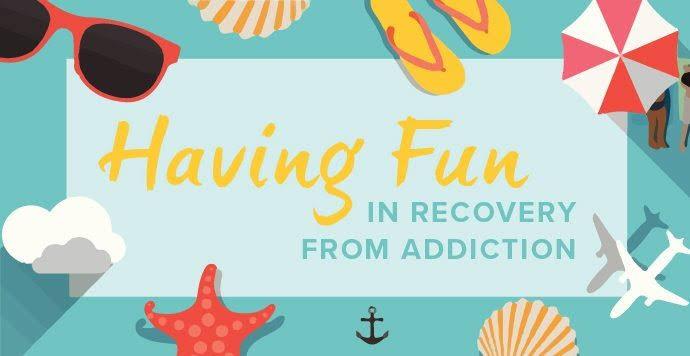Nurturing a New Outlook on Life
Talking about addiction and recovery brings up uncomfortable feelings for those affected by it and or for those who have yet to get help. You might feel conflicted. One day of the week, you feel fine, like you can beat it on your own. The next day, you are struggling with relapse, physical pain, and emotional distress. Drug and alcohol addiction both bring about highs and lows; by doing so, they often defeat your initiative to get help before you even start. In the case of early recovery, addiction seeds your thoughts with arguments about whether today is actually for the best.
Recovery, however, can be easy if you take the right approach. That begs the question: What is the right approach?
We believe the right approach is to remind you why life is worth living beyond addiction. That includes surrounding yourself with a strong support system, living in a safe and stable environment, and learning to have fun without using drugs or alcohol. Thinking about recovery in this way helps nurture a new outlook on life.
Keeping a Positive Attitude in Recovery
When in active addiction, having fun is usually synonymous with using drugs and alcohol. Drugs and alcohol act as temporary supplements to the benefits you would otherwise receive when engaging in other activities. Feeling high or drunk may end with the realization that you can only experience your emotions while under the influence. Having fun in recovery outside of drugs and alcohol suspends that belief.
The science behind fun in recovery can best be explained with specific health and social benefits.
Improves relationships at home and work
Stimulates your mind
Reduces stress
Balances hormone levels
Boosts feelings of vitality
Experiment and practice different ways to have fun that do not include drugs or alcohol. This could include learning a new hobby, watching a movie with friends, or anything else that interests you. Every individual has a bias towards what they enjoy doing.
An effective way to ensure you do not turn back to drugs or alcohol is to build a habit out of your hobbies and keep yourself occupied. You’ll see a more significant benefit of clarity of mind when you maintain sobriety long-term. This effort helps you build a positive outlook on the future of your recovery.
Nurture Healthy Relationships Among Friends
Nurture a healthy, positive outlook on life while in recovery by making new friends or growing old relationships. Sober friends are important to the restructuring of your support system. Up until the recovery process, you may have been vulnerable to negative influences from friends or family while in active addiction. Treating your addiction means recognizing what agency you have. You become mindful of your ability to have healthy relationships with friends and family in the future. In part, healthy relationships make staying sober easier.
A few tips on how to meet and nurture new relationships with sober friends include:
12-Step Meetings: As a primary source for finding resources and help during your recovery process, meeting new friends through 12-Step meetings surrounds you with like-minded, sober-thinking people. You share experiences and hold a common goal.
Recreation Clubs or Community Classes: At either of these, you meet people driven by their passion for a sport or a hobby. They offer an excellent way to meet new people who project passion over something that is not drugs or alcohol.
Public Events: Public events, like street fairs or community clean-ups, are great ways to meet new people who share your support for your community. They showcase all kinds of people and personalities. These events also help re-acclimate you with day-to-day life.
Work Friends: Grow friendships with coworkers outside the office. Work friendships are possible due to your shared connection and familiarity. Find a hobby or activity in common which you can go out and do together. A work friendship, however, may not be the best relationship in which to share your experience with addiction due to possible professional-personal life complications.
Friends represent people you can rely on. They become your support system. Beyond acting as a support system, they fill the role of being someone who you can enjoy your day with—somebody to have fun with. They remind you that the present is better than the past. Friends can help prevent relapse. Communication between you and them encourages the positive progression of the relationship and instills trust.
How to Increase Positivity in Recovery
There are several methods for keeping a positive attitude while in recovery. How you increase and maintain that positive attitude is based on skills you acquire through the recovery process. The Sober College, School of Addiction Studies, suggests several methods for encouraging a positive outlook while in recovery. These include:
#1 Meditation: Mindful meditation is a practice encouraged by therapists and counselors alike. It promotes thinking in the now rather than focusing on negative thoughts of the past or worrying about the future. You practice mindful meditation by concentrating on your breathing, putting yourself in a relaxing space, and tempering your emotions.
#2 Take Responsibility: Taking responsibility means acknowledging how addiction affects you and making necessary changes to get sober. Addiction can cause feelings of hopelessness otherwise, which can perpetuate a cycle of drug and alcohol use to manage it.
#3 Surround Yourself With Positive People:
surround yourself with friends or positive people. By doing so, you create networks of people you can trust and build your support system.
#4 Volunteer: Volunteering within your community gives you a unique perspective on other people’s lives. It helps you connect with others in your community while feeling good about the work you are doing.
#5 Self-Care: Your body is your everything. Long-term sobriety is just one aspect of this. By regularly exercising and eating healthily, you take care of your physical body. You take care of your mental health by meditating, engaging in fun activities with friends, or a spa day.
#6 New Activities and Hobbies: Hobbies and activities help keep you busy and introduce you to fun outside of using drugs or alcohol. You also can partake in hobbies or activities with friends or others. Find what interests you. Is it writing, making music, hiking, hunting, or something else? The world is your oyster.
#7 Be Optimistic: Optimism plays a vital role in keeping your attitude positive. Without optimism, you would reflect on past experiences with the utmost negative thoughts or feelings. These feelings could drag you down and influence relapse.
#8 Set Goals: Changing your life for the better takes a step at a time. Set realistic and achievable goals for yourself to maintain an outline of what’s to come. Goal setting helps with motivation and feeling accomplished. Set goals for challenges you want to take on, and learn more about yourself along the way.
#9 Communication: Open communication allows others to understand better how you feel and sets the precedent of trust in a relationship. A strong relationship comes in handy when you need someone to confide in when feeling stressed or overwhelmed. It allows you to quickly process and get through challenging emotions and regain a positive outlook.
#10 Remind Yourself of the Good Times: What makes you feel good about the past, present, or future? Remind yourself of these things when feeling down to regain a positive mindset. Similar to goal setting, reminding yourself of the positives is motivating. There is a lot of good that comes with recovery.
How Negative Thinking Is Dangerous to Recovery
Positive thinking impacts and promotes good physical, emotional, and mental well-being. On the flip side, negative thinking disrupts this process. It instead encourages feelings of failure, depression, and pessimism.
How is negative thinking dangerous to your recovery?
It is the opposite of reminding yourself of the good times. You remind yourself of the bad times. You instill negative thoughts of deserving of having suffered from addiction and that it was entirely your fault. But it never was your fault. Addiction is a disease. It afflicts you with the inability to take care of yourself. You are powerless over it. It makes your life unmanageable.
How Boredom Can Lead to Relapse
Boredom is a reason why some people use drugs or alcohol in the first place. They experienced boredom due to seeing a lack of positive things in their lives and replaced it with getting high or drunk. If you are uncomfortable with feeling bored while in recovery, you still need to learn how to experience excitement without drugs or alcohol; otherwise you are at risk of relapse.
Feeling comfortable with boredom takes acknowledging it. It is an emotional state in and of itself. Struggling with addiction in part means struggling with boredom. You filled the void of boredom in your life with drugs and alcohol. It takes mental effort to get past the feelings of discomfort, but once you’ve achieved some level of success in doing so, you open yourself up to feeling alive in the world again.
Boredom can be explained as when the fun stops. What made doing drugs or alcohol fun in the first place? The high or feeling of being drunk? Their ability to suppress negative emotions? Find activities or hobbies that help keep you occupied and your mind away from appeasing cravings. At first, keeping your mind off the next fix takes living life minute-by-minute. Over time, it gets easier. You no longer need to remind yourself not to drink or use drugs all of the time. Instead, you are so focused on other things that you enjoy doing in life that thoughts of relapse, using drugs, or drinking alcohol linger much quieter in the back of your mind.
Lotus Wellness was founded on the principle of providing members with a safe and stable environment and community for their recovery process. We know all too well the drawbacks of halfway houses, including poor living conditions, lack of commitment by members, and lack of support by staff. Addiction causes some of the worst experiences in life.
Nurture a new outlook on life by choosing long-term sobriety. Although the journey will be long and tiresome at times, it is worth seeing how life changes for the better. Lotus Rehabilitation Centre upholds the promise of providing you with superior living conditions, like-minded, committed individuals, and an active support staff that will work with you to customize your treatment plan. Choose a happier life, and contact us at +917339062555
ABOUT LOTUS – India’s Finest Luxury Rehab
Lotus is a World Class Wellness and Rehabilitation Center in Coimbatore with a holistic approach. It is known to offer the best programs for Detox , Deaddiction, Mental Health and Absolute Wellness in India .
CONTACT LOTUS
We at LOTUS are happy to help you or your loved one overcome his or her addiction and stand up for RECOVERY .
LOTUS WELLNESS AND REHABILITATION CENTER
Pollachi, Coimbatore , Tamilnadu , India
Call confidentially 24/7 (+91 7339062555)
Reach us at info@lotuswellness.life
To know more about us visit our website
www.lotuswellness.life

